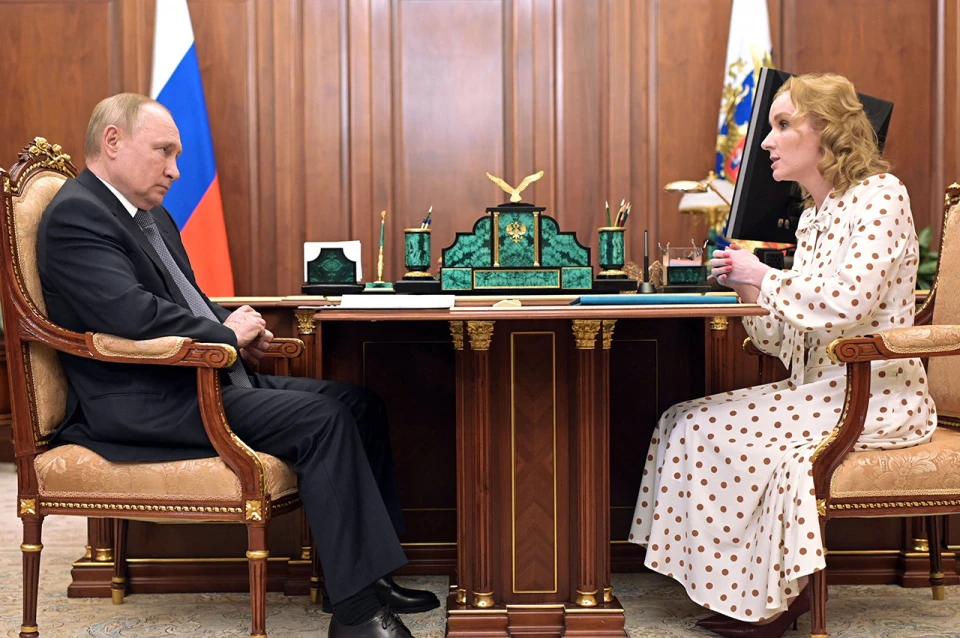
ICC-wanted Russian Commissioner Lvova-Belova makes money on children
Artem Starosiek, Molfar intelligence agency CEO, notes that Lvova-Belova's relatives are involved in her business, which means it is a family business with a common source of income
He shared the information on Espreso TV.
"We study Russian propagandists quite a bit and we often gain insights into why they are so bad or so "good." In general, Maria Lvova-Belova did not surprise us much, because she aligns with the typical profile of propagandists and civil servants in the Russian Federation. Lvova-Belova lacks specialized education relevant to her role as an ombudsman. She studied to be a conductor at the Penza Music College where her father was a teacher. Her career didn't really take off until she went to work for the Blagovest, an organization managing orphanages, where she crossed paths with the then ombudsman, and that's when her political career began. Later, Lvova-Belova joined the United Russia party, and in 2018 she became Putin's confidant," said the CEO of the Molfar intelligence agency.
Artem Starosiek highlighted that an additional aspect worth noting is Lvova-Belova's conversion to religion at a later stage.
"Lvova-Belova's entire family is involved in her business. Her husband used to be a software developer, and then, when she became a Commissioner for Children’s rights, he decided to be a priest. They even built a church on the territory of one orphanage, where the commissioner's husband receives parishioners. They earn money by receiving compensation from the state, money from private donors and the church, and appointing their relatives to leadership positions. Lvova-Belova's sister Sofia runs one of the inclusive homes, while another sister was involved in the construction of an orphanage and received 1 million rubles as an architect. This is a family business with a shared source of income. There are also reports of an incident where a boy died in one of the orphanages, and later it was revealed that Lvova-Belova coerced him into taking out a loan and transferring the funds to the institution. This suggests another possible avenue of income, involving loans obtained from residents of these homes," Starosiek added.
- News














































